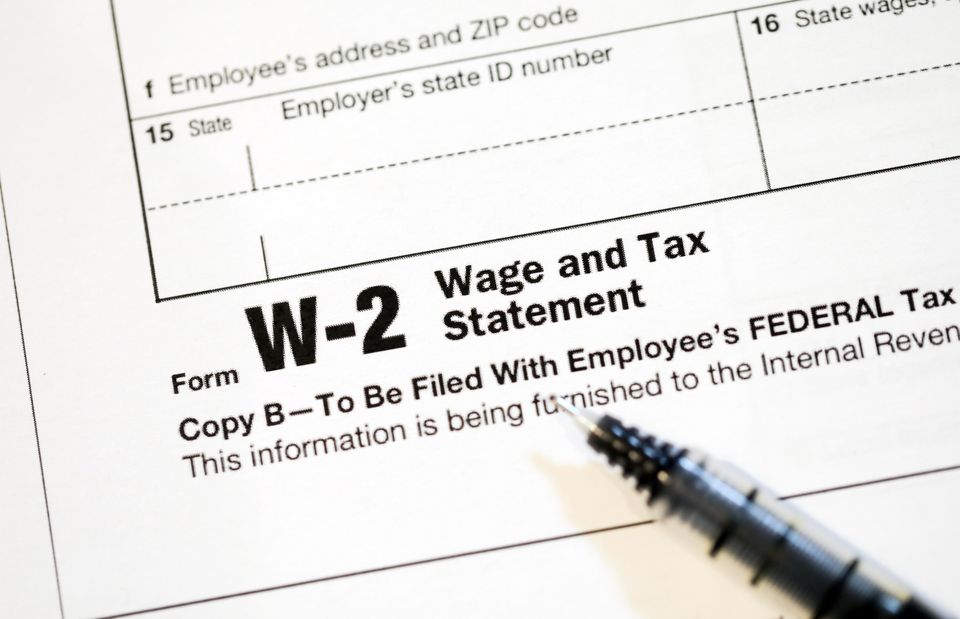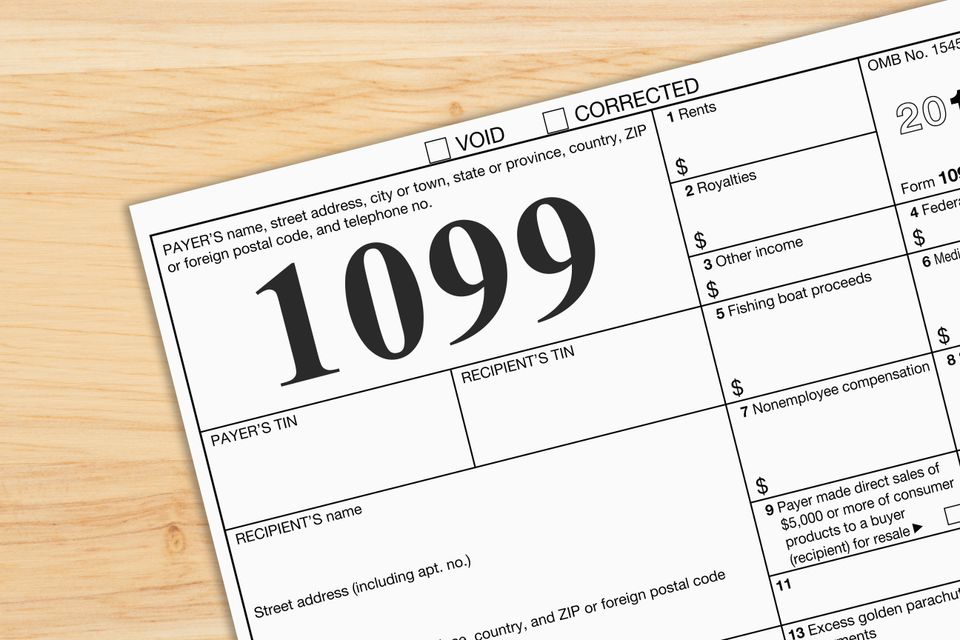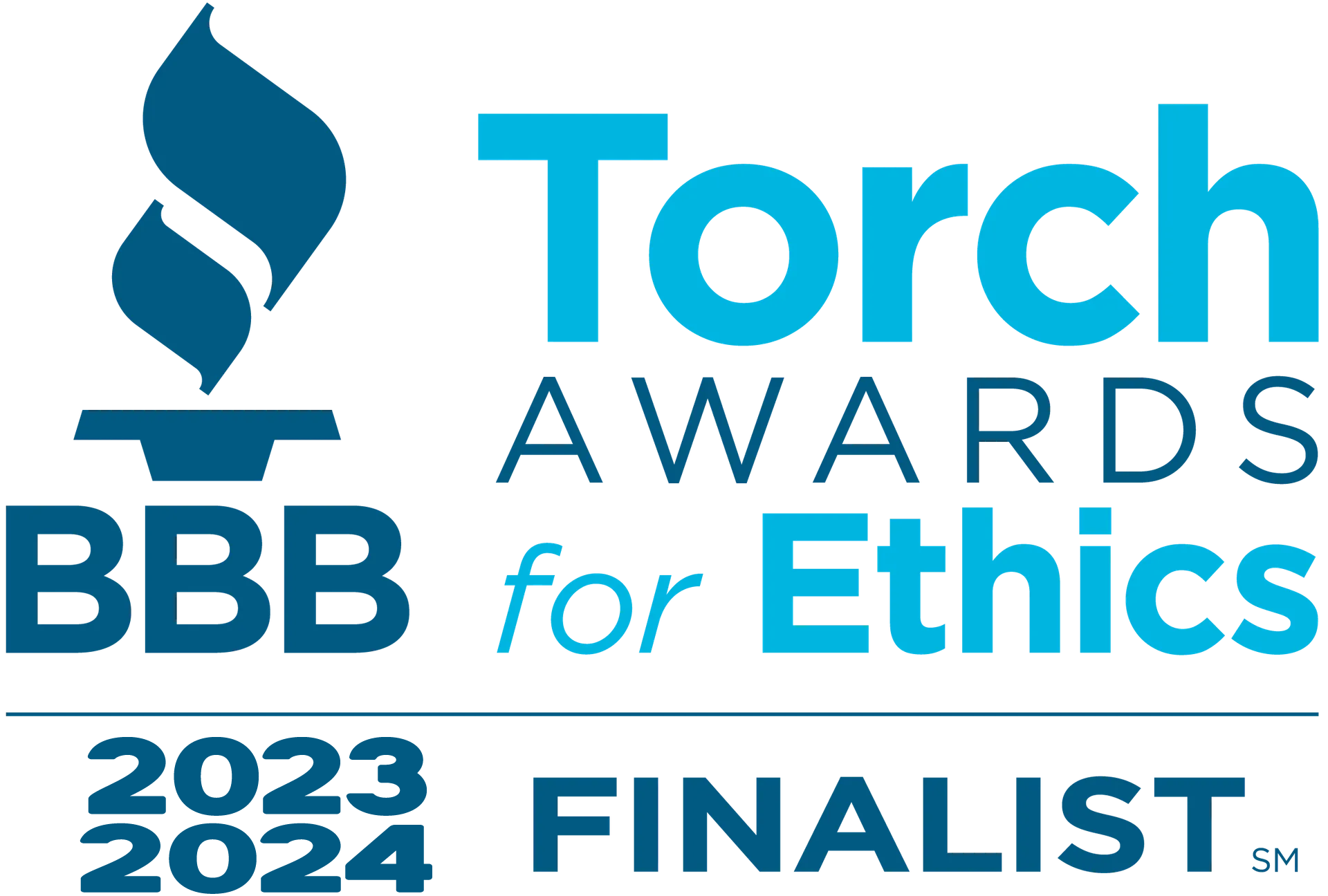

¿Qué diferencia hay entre 1099 y W-2?

¿Qué es un trabajador 1099?
Un trabajador 1099 es alguien contratado bajo un régimen de contrato. En otras palabras, un trabajador autónomo. Estos trabajadores también son conocidos como freelancers, contratistas independientes o trabajadores por encargo. Usted debe presentar un 1099 por los trabajadores a quienes les pagó al menos $600 por servicios pero a los cuales no les retuvo impuestos bajo un acuerdo laboral (no estan en la nómina).
Aquí hay algunas características clave sobre los trabajadores 1099 que necesita saber:
- Ellos no estarán bajo su supervisión directa. Un trabajador 1099 generalmente tiene más control sobre su trabajo y no está bajo su control directo o supervisión. Generalmente, los medios de cómo ellos logran los resultados que usted desea no son muy importantes para usted, por lo que suelen tener una gran flexibilidad en términos de horarios y métodos de trabajo.
- Ellos son responsables de sus propios impuestos. No necesitará retener los impuestos de los trabajadores 1099. En su lugar, estos contratistas independientes son responsables de pagar sus propios impuestos sobre la renta, incluidos los impuestos sobre el trabajo por cuenta propioa (Seguridad Social y Medicare).
- No reciben beneficios de su empresa. Como contratistas independientes, los trabajadores 1099 generalmente no tienen derecho a los beneficios para empleados proporcionados por su empresa.
- Acuerdos Contractuales: Contratar a un contratista independiente generalmente viene con un contrato o acuerdo que especifica los términos de su trabajo, los entregables, la estructura de pago y otros detalles.

A W-2 employee is a traditional employee who works for a company under an employer-employee relationship. Here are some key features of a W-2 employee for you to know:
- You’ll withhold their taxes: This includes income taxes, Social Security taxes, and Medicare taxes from the employee's paycheck on their behalf.
- Benefits: W-2 employees are often entitled to various benefits offered by your business, such as vacation and sick days, retirement plans, health insurance, and other perks.
- They get Employment Protections: W-2 employees are generally protected by labor laws and regulations, including minimum wage laws, overtime pay, and protections against discrimination.
- You tell them what to do: A W-2 employee must adhere to the work schedule, hours, and job responsibilities you hire them for, for as long as they work for you.
- You typically pay them hourly or a salary.
In short, here’s how to quickly identify the difference between W-2 and 1099:
| W-2 employee | 1099 worker |
|---|---|
| You (the employer) withhold their taxes | They’re responsible for their taxes |
| Hired until they quit or get fired | Hired for a specific, pre-defined task or job |
| Has a fixed schedule and work hours | Hired for however long it takes them to finish the job they were hired for |
| Gets employee benefits from the employer | Does not get employee benefits |
| Works under your control and direction | Works with flexibility and relatively unsupervised |
| Examples include staff writers, delivery drivers, and sales managers, all with scheduled hours and ongoing work | Examples include freelance designers, consultants, and gig workers that get paid through an app (though there are exceptions in some states) |
| Typically paid by the hour or salary | Typically paid based on accomplished tasks |
When to hire a 1099 worker vs a W-2 employee?
The decision to hire a W-2 employee or a 1099 worker depends on various factors, including the nature of the work, the level of control required, and the specific needs of the business. Here are some considerations for each scenario:

- Long-Term Employment: If you have ongoing, regular work that requires a dedicated employee, hiring a W-2 employee is often more appropriate. This is especially true when the work is an integral part of your business operations and requires consistent availability.
- Control and Supervision: When you need direct control and supervision over the worker, including the ability to dictate work hours, tasks, and work processes, hiring a W-2 employee is more suitable. W-2 employees are generally expected to work according to the employer's instructions and guidelines.
- Integration within the Company: If the work requires close collaboration with other employees or departments, or if the individual will be representing your company to clients or customers, a W-2 employee may be preferred. W-2 employees tend to have a stronger sense of affiliation with the company and its values.
- Employee Benefits: Hiring W-2 employees allows you to offer benefits such as health insurance, retirement plans, paid time off, and other perks. Providing these benefits can help attract and retain quality employees and demonstrate your commitment to their well-being.

- Short-Term or Project-Based Work: If you have a specific project with a defined scope and timeline, hiring a 1099 worker as an independent contractor can be a practical choice. This allows you to bring in specialized skills or additional resources without a long-term commitment.
- Specialized Expertise: When you require highly specialized skills or expertise that are not available within your company, hiring a 1099 worker who specializes in that area can be beneficial. Independent contractors often bring niche knowledge and experience to the table.
- Flexibility and Cost-Effectiveness: If you need flexibility in terms of working hours or if the workload fluctuates, engaging 1099 workers can be advantageous. Independent contractors typically have more control over their schedules and can be more cost-effective since you are not responsible for providing employee benefits or paying employment taxes.
- Limited Control: Hiring an independent contractor can be suitable if the work can be performed with minimal supervision or does not require direct control over the worker's methods or hours. Independent contractors usually work autonomously and may have their tools, equipment, and methods.

What can happen if you misclassify an employee?
In the event of a misclassification determined by the IRS, you may bear the responsibility for additional taxes on that worker. Additionally, you might be liable for providing unemployment insurance and benefits, such as health insurance and retirement plans, which are typically extended to other employees. Thankfully, the IRS has a Voluntary Classification Settlement Program that allows businesses who were treating workers as independent contractors to reclassify them and pay less.
Understanding the distinction between 1099 and W-2 workers can be challenging, but the essence of the classifications is straightforward: Contractors are independent workers who offer services for hire, while employees serve your business and are subject to its rules.
When you have identified the type of worker you are hiring, navigating the appropriate tax forms and fulfilling tax obligations becomes easy. Upon hiring, contractors complete a W-9 form, whereas employees complete a W-4 form. When it comes to tax filing, you need to submit a 1099 form for each contractor and a W-2 form for each employee.
It is crucial to have clarity regarding worker classification before making a hiring decision to ensure you find the most suitable candidate for the job.
Before we leave you, we wanted to leave these two kinds of workers aside for a moment to tell and talk about an additional kind of employee.
Interns and students are part of a third category of worker classification. According to the Fair Labor Standards Act, there is no obligation to provide compensation for the work performed by interns or students. If your business offers educational training that involves practical experience and clinical work, hiring an intern or student might be a viable alternative to the typical choice between 1099 and W-2 employees. If you wish to read more about unpaid interns, click here to visit the Department of Labor page.
FAQs
1. Is it better to be a 1099 or W-2?
From an employee’s perspective, choosing to work as a 1099 or as a W-2 employee will depend on what one values more. A 1099 (independent contractor) chooses their schedule and works to deliver specific results to a company they don’t permanently work for, but they don’t have access to company benefit plans and are responsible for their taxes. A W-2 employee adheres to company protocol and usually has a fixed schedule, but they are eligible for company benefits and their taxes are paid for by the employer, since they are in the company's payroll.
2. Are W-2 and 1099 taxed differently?
1099 workers bear full responsibility for paying all their Medicare and Social Security taxes, usually on a quarterly basis. In contrast, W-2 employees are accountable for only 50% of these taxes, which are deducted from their paychecks. Both 1099 and W-2 of workers are subject to income taxes, with the specific rate determined by their respective tax brackets.
3. Do 1099 employees pay higher taxes?
Yes. Self-employed people are taxed at a higher rate than somebody who’s part of the permanent staff of a company (a W-2).




